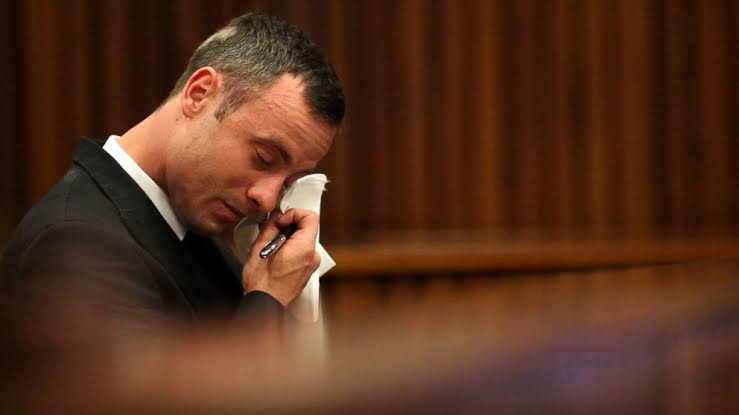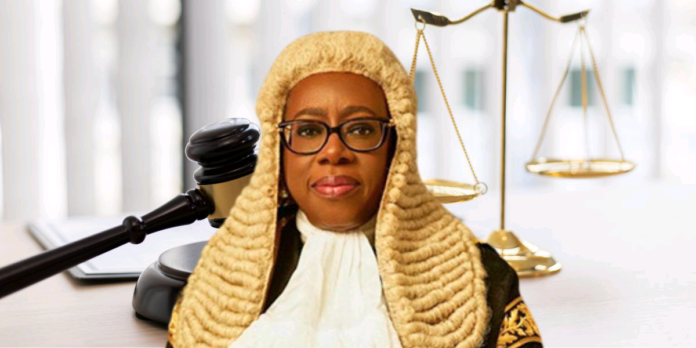South Africa’s former Paralympic runner, Oscar Pistorius, is scheduled to be released on parole this Friday, almost 11 years after the tragic shooting death of his girlfriend, model Reeva Steenkamp. The prison authorities have specified a set of strict conditions accompanying his release.
Pistorius, now 37, was convicted of murdering Miss Steenkamp on Valentine’s Day in 2013, firing four shots through the bathroom door of his Pretoria home. The parole board, assessing his suitability for social reintegration, decided in November to grant his early release on January 5.
As part of his parole conditions, Pistorius will face several restrictions, including a ban on consuming alcohol and other substances. He is also prohibited from conducting media interviews and will have designated hours during which he must be at home.
The Department of Correctional Services stressed that these conditions align with standard parole requirements, stating, “Just like other parolees, Pistorius is restricted from conducting media interviews.” The department further outlined the home curfew and substance restrictions.
According to South African law, offenders become eligible for parole consideration after serving half of their sentence. Pistorius, initially found guilty in a trial marked by appeals and international attention, received a 13-year and five-month prison sentence in 2017.
As part of his parole, Pistorius is mandated to undergo therapy for anger and gender-based violence issues until the conclusion of his sentence in 2029. This therapeutic approach aligns with the South African justice system’s emphasis on rehabilitation and restorative justice, aiming for reconciliation and closure rather than purely punitive measures.
The parole board’s decision considered Pistorius’ conduct in prison, the nature of his crime, and potential risks of reoffending. Pistorius actively participated in the restorative justice program, including a victim-offender dialogue, crucial for fostering understanding and reconciliation.
Despite maintaining his innocence throughout the trial, claiming he mistook Steenkamp for an intruder, Pistorius’ plea was not accepted in court. The Steenkamp family, particularly Reeva’s mother, expressed skepticism about Pistorius’ rehabilitation and truthfulness but did not object to his release.
As Pistorius readies himself to re-enter society under close monitoring, his case continues to spark intense emotions and discussions on justice, rehabilitation, and the consequences of domestic violence.
Ada Peter



























